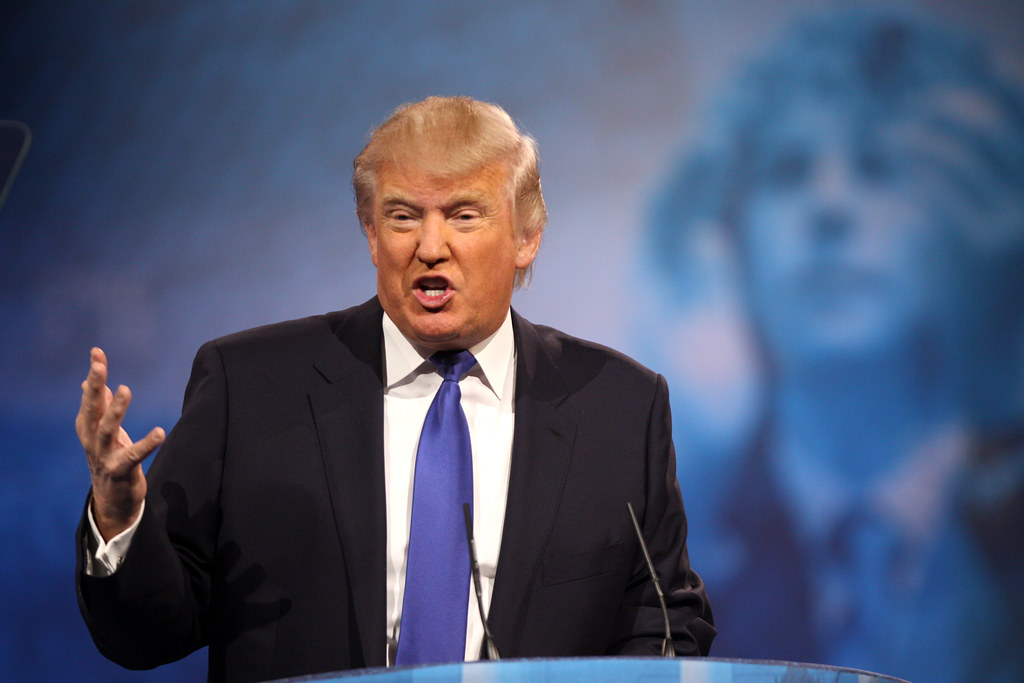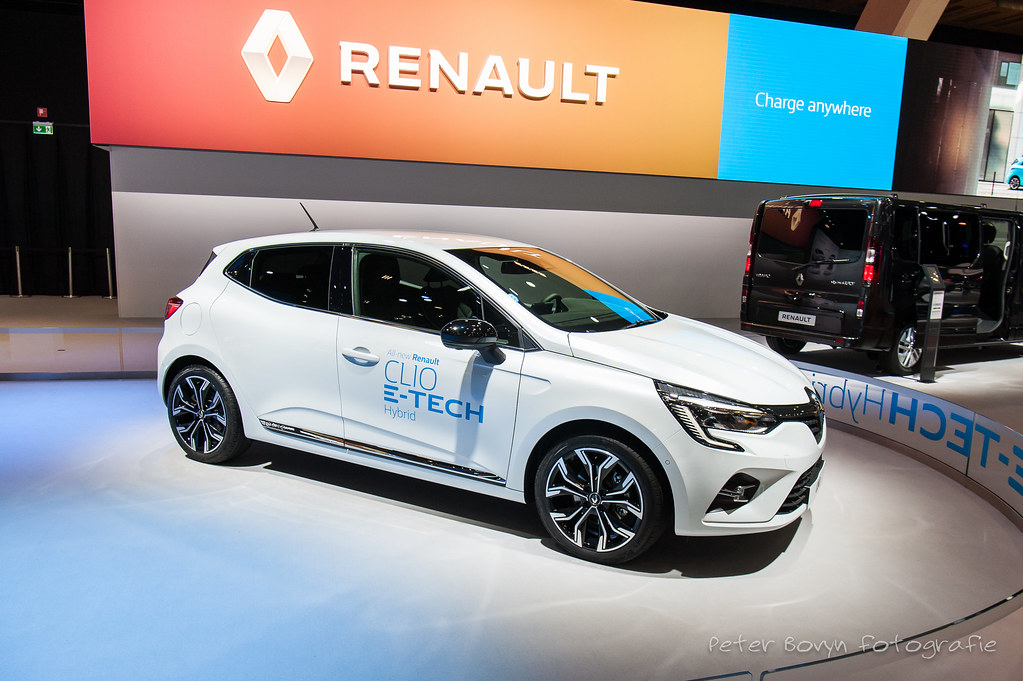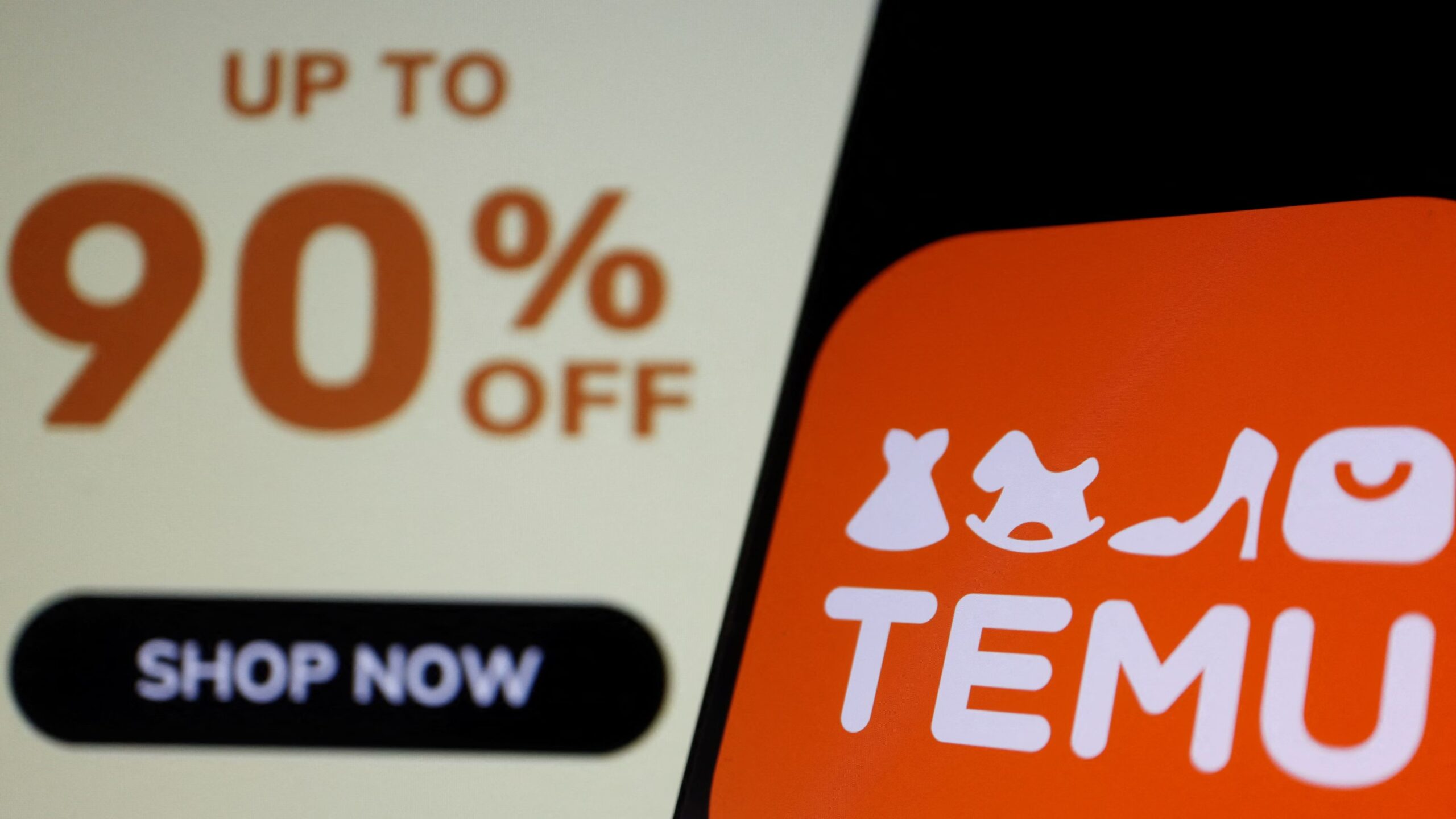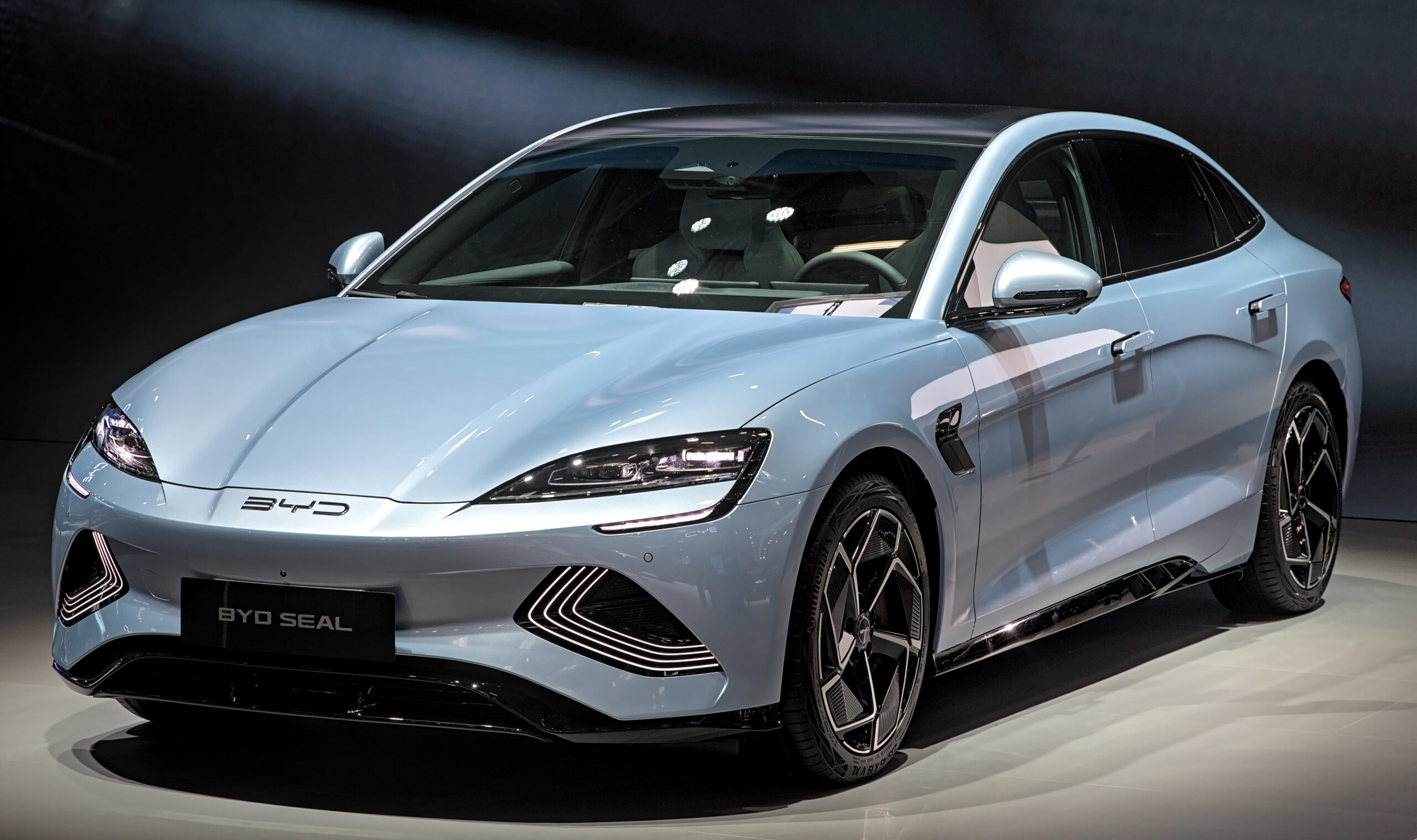Renault’s focus on low-cost hybrid technology is helping the French automaker gain a foothold in Europe’s growing hybrid market as the company navigates the challenging shift towards electric vehicles (EVs), Reuters reports.
With demand for EVs still slow in Europe despite upcoming regulations, Renault’s hybrid cars, which combine thermal and electric engines, are proving successful. Sales of Renault hybrids, including models like the Clio and Captur, rose 55% in the first eight months of 2024, compared to a 21.1% growth for the EU overall, according to company data and the European industry body ACEA.
This growth places Renault as Europe’s second-largest hybrid car brand, trailing only Toyota. While larger automakers struggle with market conditions and competition from Chinese electric vehicles, Renault is one of the few traditional car manufacturers not revising its financial targets downward. Analysts, including those from Stifel, credit Renault’s adaptability, highlighting the success of its hybrid strategy. By capitalizing on hybrids, which are cheaper than EVs but more environmentally friendly than combustion-engine vehicles, Renault is positioning itself to meet emission standards while boosting sales in the near term.
Low-Cost Gearbox Boosts Sales
A key part of Renault’s success is its innovative, low-cost gearbox technology. The automaker’s E-Tech system relies on a simplified ‘dog clutch’ gearbox, which reduces components, weight, and cost, allowing Renault to offer competitive prices.
This innovation has been crucial for models like the hybrid Clio, which, although slightly more expensive than rivals like the Toyota Yaris, offers more power and flexibility. The E-Tech system’s versatility allows it to be implemented across Renault’s lineup, including larger, more powerful models such as the 300 horsepower Rafale coupé sedan.
EV Sales Lag Behind
Despite Renault’s progress in the hybrid sector, the company’s electric vehicle sales have stagnated at around 12% of total brand sales in Europe, far behind early gains made by companies like Tesla and Stellantis. To meet stricter EU emissions rules, Renault will need nearly 20% of its sales to come from electric cars, according to industry experts.
The company will attempt to close this gap with the launch of new electric models, including the Renault 4 SUV and the Renault 5, both of which were unveiled at the Paris autoshow.










